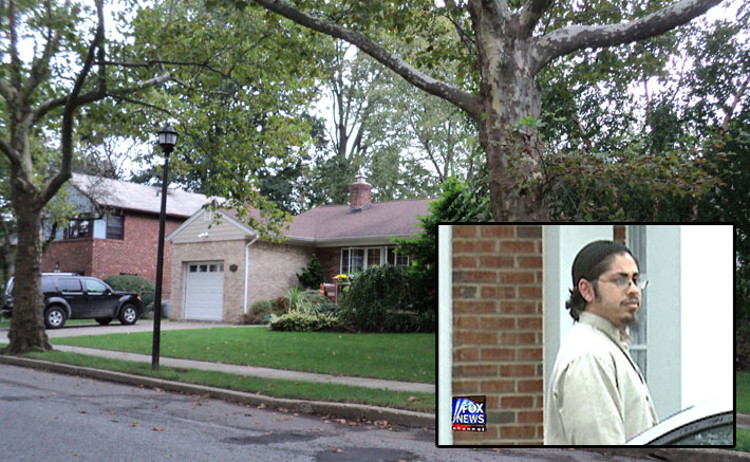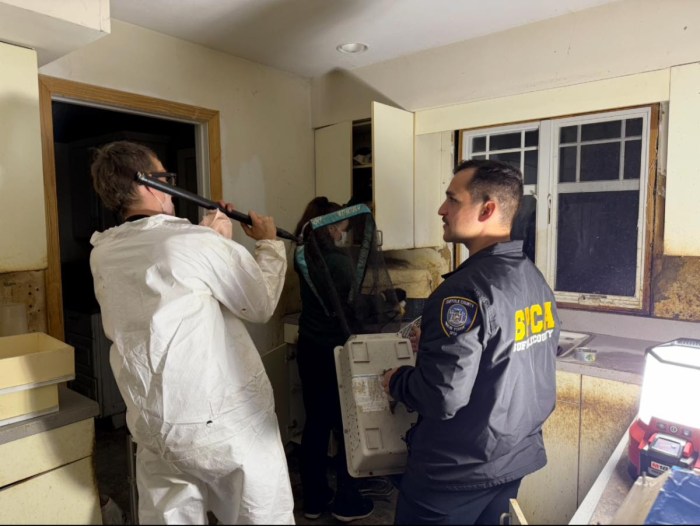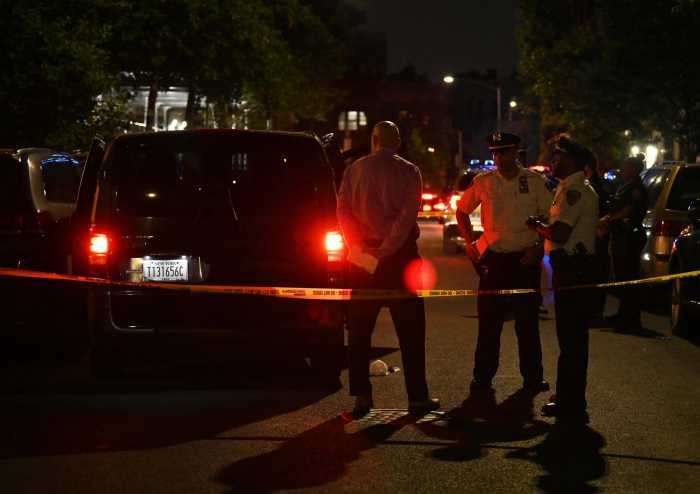The families of three American citizens, including a former Long Islander, who were killed in U.S. drone strikes in Yemen have decided not to appeal a federal court’s decision in April that dismissed the lawsuit against high-ranking government officials.
One of the drone strikes killed Samir Khan, a purported al Qaeda propagandist who spent his teenage years in Westbury before moving to North Carolina and then to Yemen. Khan’s parents, and the family of Anwar Al-Awlaki, an alleged leader of al Qaeda in the Arabian Peninsula, and his 16-year-old son, Abdulrahman, were seeking unspecified monetary damages—and answers.
“I believe that my son and 16-year-old grandson were unlawfully killed by their government, and for a long time, I had faith that an American court would decide whether the killings of at least these American citizens violated the U.S. Constitution’s guarantee of due process,” Al-Awlaki’s father said in a statement released by the American Civil Liberties Union and the Center for Constitutional Rights.
“My faith was shattered by the district court’s opinion, which went out of its way to defer to the government’s claims of killing authority, without allowing those claims to be challenged,” he added. “I have now spent years asking American courts to decide whether the U.S. government can deprive even its own citizens of life as part of a killing program that has devastated families like ours, and the courts have repeatedly accepted the government’s broad claims of national security and told me they will not decide. This isn’t justice. I have no faith left in a judiciary that refuses even to hear whether Abdulrahman, an American child, was wrongfully killed by his own government.”
While top U.S. officials, including Attorney General Eric Holder, have acknowledged targeting Al-Awlaki, the government has claimed that Khan and Abdulrahman were not targets, but “bystanders.”
Khan was riding in the same vehicle with Al-Awlaki—the government’s target—on Sept. 30, 2011 when a drone strike took them both out. Two weeks later, Abdulrahman was in an open-air cafe in Yemen when a drone missile targeting Ibraham Al-Banna, an Egyptian national, killed him and six others. Al-Banna reportedly survived the attack, according to court documents.
Khan graduated W.T. Clarke High School in 2003 and moved with his family to North Carolina, where he attended community college. He moved on to Yemen where he allegedly became the editor of Inspire, an al Qaeda magazine replete with articles on bomb making and other terrorism-related topics.
Khan’s family has declined to speak about their son’s case. They released a statement to the Charlotte Observer condemning the attack, and the government’s apparent “indifference” afterward.
“Parts of this case were complicated, but at [the] bottom it was simple and profoundly consequential: The U.S. government killed three Americans without due process,” the ACLU and CCR said in a joint statement. “Their families asked a U.S. court to fulfill its crucial role in deciding whether the government’s claims of killing authority are lawful. Getting answers in court for the state’s killing of citizens should not be too much to ask in a democracy, but our system of checks and balances failed these families.
“We share our clients’ deep disappointment that in deferring to the government on national security grounds and refusing to hear their claims, the court’s decision fell short of its constitutional duty.”
While this lawsuit is effectively dead, the ACLU recently scored a victory against the government when the U.S. Court of Appeals for the Second Circuit ordered the release of a redacted version of the legal memo that justified the Al-Awlaki drone strike.




























